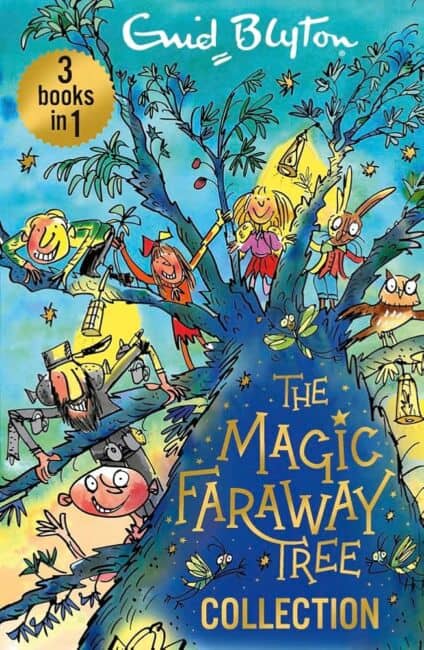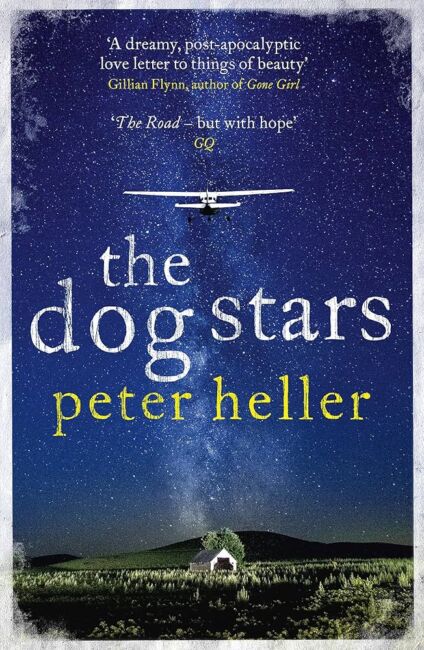Why Do People Read Books? The Psychology of Reading

Have you ever wondered why it’s so easy to get lost in a story for hours? Or why so many people identify as “bookworms” and have libraries or “book nooks” in their homes? In this blog, we’ll be finding out.
Reading is more than a hobby or a pastime — it’s a window into how our brains work, how we experience the world, and how we feel about ourselves and others. Read on to find out exactly why opening a book, smelling its pages, and disappearing into another world feels so good.
The emotional escape
Did you know that reading can be therapeutic? Known as bibliotherapy, reading stories allows us to take a break from reality — so, yes, you really can justify your next bookshop spend as a form of therapy.
There are plenty of studies that show reduced stress levels from reading novels. Dr David Lewis found that reading as little as 6 minutes a day can reduce your stress levels by 60% by reducing your heart rate. This is similar to drinking a cup of tea (a good reading accompaniment) or going for a walk.
When we immerse ourselves in the land of our favourite fantasies or pretend to be the detective in the latest crime novel, we momentarily absolve ourselves from our stresses and worries, allowing us to take a well-needed rain check on reality.
An exercise in empathy
Have you ever felt grief for a character or imagined what it would be like to face the challenges they’re dealing with? Fiction is an excellent way of exercising our capacity for empathy. We take part in the narrative we’re reading and share the character’s perspective in our evaluations.
For example, if a character is facing a dilemma, we put ourselves in their shoes and consider which option we’d choose. Similarly, when our favourite character finally falls for a love interest, we can’t help but smile when we read.
Reading is like a dry run for feeling things in real life: an exercise in empathy, emotions, and responding to events—all from the safe comfort of our favourite reading chair. To put it simply, we read because it gives us emotional intelligence.

Mental stimulation and cognitive benefits
Reading is also an excellent brain exercise. From vocabulary expansion to memory improvement and focus, reading offers your brain a chance to multitask and do some gymnastics. Yes, really; figuring out phrase meanings, remembering plot lines, and even just baseline comprehension are all healthy exercises for your brain.
The best part about reading? You’re actively participating. In contrast with other passive media, such as watching television or scrolling through social media algorithms, reading engages your whole brain.
Reading is also associated with a reduced risk of cognitive decline regardless of one’s level of education. A WHO study concluded that frequent reading can protect cognitive function in later life, therefore reducing the risk of Alzheimer’s disease.
The rewards of reading
The rewards of reading don’t just come from completing your book challenge on GoodReads; they also take the form of psychological and even chemical rewards! Yes, we’re talking about dopamine.
Dopamine, a neurotransmitter associated with pleasure and reward, plays a significant role in the reading experience. When we read, dopamine is released (especially during moments of suspense and resolution) which is why we love a good plot twist! The anticipation and excitement that build up during suspenseful moments lead to a dopamine rush when the resolution is reached. This is why unexpected endings and plot curveballs are so captivating; they subvert expectations and create a surprising outcome, resulting in a heightened dopamine release.
That being said, think again before calling bookworms boring — they’re really experiencing the same chemical releases as you do when you ride a roller coaster!
Identity, belonging, and the reader’s journey
Books often serve as mirrors, helping readers see aspects of themselves reflected in the characters, settings, or struggles on the page. Whether it’s finding comfort in a protagonist who shares your background or discovering a worldview you’ve never considered, reading can be a powerful tool for self-exploration and growth.
Stories also offer a sense of belonging — especially for those who feel overwhelmed with the world around them. Books can shape identity, guide values, and reassure that others have walked similar paths, from childhood favourites to coming-of-age novels and beyond. Beyond the page, shared reading experiences (like book clubs, online communities, or even casual conversations) foster a feeling of connection, proving that while reading is often a solitary act, its impact is deeply communal.

Lifelong learning and curiosity
Being a curious reader is great, and it’s often said that readers are happier and more fulfilled than those who don’t regularly enjoy a novel. Reading is also a form of self-improvement and a method of knowledge acquisition. How lucky are we to have such a bounty of knowledge in the form of millions of non-fiction books?
Books allow you to teach yourself things, which could translate into new passions. From learning new skills to becoming the best writer to understanding communities far from your own, reading offers the chance to reawaken curiosity about new ideas, skills, and passions.
Keep reading with Victoria Freudenheim
For more book recommendations and explorations of all things literary, check out the Victoria Freudenheim blog — we’re constantly finding new discoveries for your bookshelf.
Do you have a favourite genre you like to keep up with? Check out our latest reviews to find your next page-turner.




